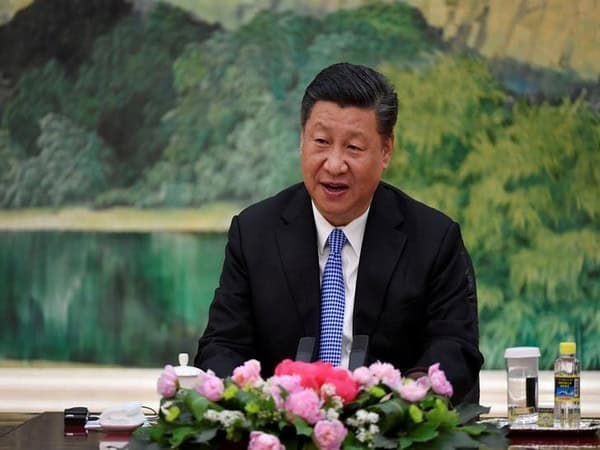Beijing: China’s rapidly growing economy has raised serious concerns among some economists as to whether the country’s growth narrative is real or not.
Government’s recently released data, pertaining to the agricultural sector, has sparked controversy as it shows wavering numbers for energy use in the sector in the recent years.
Published by South China Morning Post, the National Energy Administration report stated that China consumed 6.5 billion kilowatt-hours of electricity in June 2018 which is 6.6 percent higher than consumption for the same month last year.
However, the major problem is that twelve months back, the same agency quoted that the agriculture sector used 12 billion kWh of electricity in June which means the latest figures represent a drop of as much as 46 per cent.
Notably, in China, the electricity consumption is taken as a major factor to measure the country’s economic performance.
Angry over the authorities for misleading the economic experts, Li Xunlei, chief economist at Zhongtai Securities, penned down a note stating that the government is creating obstructions for the experts to do research by continously amending its calculation methods.
“Has the statistical approach changed? It was really not easy to do research with the government applying such liquidity to its calculation methods,” the note reads.
Another renowned economist from Beijing, Ma Guangyuan, supported Li Xunlei’s contention and said that by changing its calculation methods without warning, the government was not only making it difficult for economists and analysts to do their work but also to trust the data.
“The new methodology is so magical it can transform a sharp drop to an increase,” he wrote on a micro-blogging website.
Responding to criticism received from the country’s leading economists, the energy agency stated that the discrepancy has emerged after it amended its definition of the agriculture sector which excluded some support services.
On a closer look, China’s economic growth figures have been between the range of 6.7 to 6.9 percent for the past 12 quarters. However, scores of provincial and city governments including Tianjin, Inner Mongolia, and Liaoning, have admitted to publishing fake reports pertaining to growth-related factors. (ANI)

